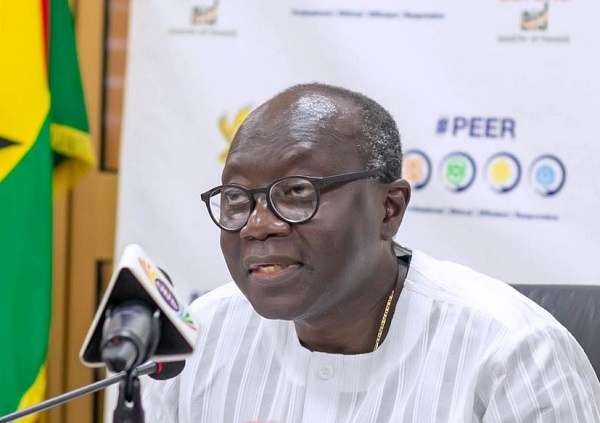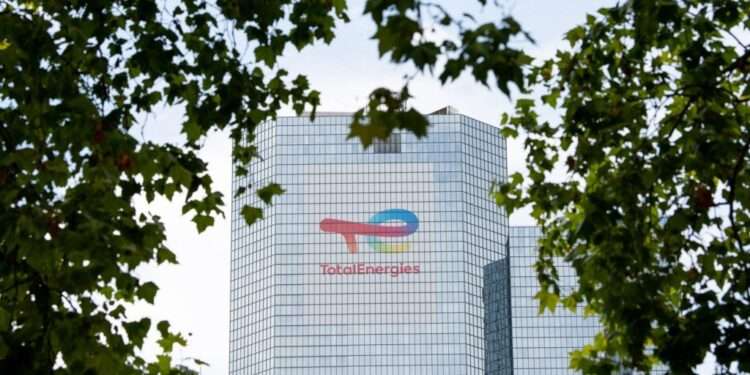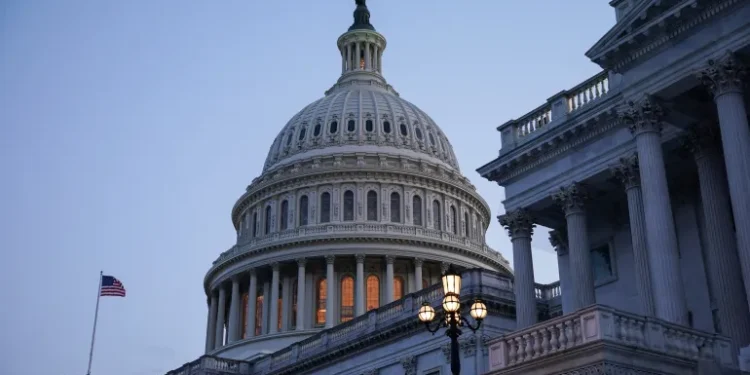Alexander Kozul-Wright, a senior researcher and financial advisor for the Third World Network narrates road out of Ghana’s economic crisis to be rocky, with an IMF-backed restructuring plan likely to be complemented by harsh austerity measures.
According to Alexander Kozul-Wright, after the Ghanian government reached agreement on a $3bn lending package with the International Monetary Fund on 12th December, the country’s financial markets rallied.
The cedi, Ghana’s national currency, rebounded dramatically from 12.9/$ to 8.5/$. Meanwhile, sovereign bond spreads narrowed by nearly 200 basis points, he stated.
Mr. Kozul-Wright revealed that, after an extended period of financial crisis, the emergency loan seemed inevitable and overdue to many economists. But the outlook for Ghana hadn’t always been so gloomy.
Touching on Ghana’s revenue, Mr. Kozul-Wright revealed that long considered a darling of the Eurobond markets, Ghana benefited from decades of rising export revenues; principally gold, cocoa and oil.
Between 2000 and 2019, GDP expanded at an average annual rate of 6%. The current government has also been praised for its efforts to provide up to 70% of the population with national health insurance.
He also mentioned Ghana as one of the African countries with the most educated workforces and a strong democratic track record.
“An ample inflow of investment lay partly behind this putative success. After Ghana’s debt was written down in the Heavily Indebted Poor Countries initiative (or HIPC, an early-2000s debt cancellation campaign backed by the IMF), private lending took off.
“Ghana issued its first eurobond in 2007, and has returned to the market 16 times since then. By March 2022, one-quarter of Ghana’s public debt was owed to external commercial creditors.”
Alexander Kozul-Wright
Ghana’s Long Fall From Grace
In response to war induced inflation, the US Federal reserve raised interest rates by three percentage points between March and October, boosting the value of the dollar against developing countries currencies.
Mr. Kozul-Wright stipulated that over that period, Ghana’s cedi fell by more than 43% against the greenback, placing it bottom of the 148 currencies ranked by a Bloomberg currency tracker. Inflation, meanwhile, exceeded 40% by the fourth quarter of 2022, he said.
In addition to higher import costs, the dollar’s rise made Ghana’s US dollar debt estimated at over half the country’s total liabilities more expensive.
“Our stock of debt has increased by 93bn Ghana cedis [$7bn] due to the currency depreciation since the beginning of 2022.”
Ken Ofori-Atta, Ghana’s Finance minister

Ofori-Atta also claimed that foreign currency interest payments were absorbing up to 70% of government revenues. As with other countries in the region, Ghana found itself fighting crises on multiple fronts.
It is little wonder that President Akufo-Addo recently spoke of a confluence of “malevolent forces” crippling the West African nation. The upshot is that Ghana had little choice but to default on its sovereign debt, Mr. Kozul-Wright stated.
Long Road Out Of Crisis
Looking ahead, the road out of Ghana’s economic crisis will be rough. Lowering debt service costs though an IMF-backed restructuring plan will be complemented by harsh and strict measures.
“While the extent of the squeeze will be measured against losses imposed on creditors, the IMF has already suggested that up to five years of lower spending and higher taxes will be needed to bring Ghana’s debt to ‘sustainable’ levels.”
Alexander Kozul-Wright
A speedy resolution to the debt crisis may have been further stalled this week, following the government’s request for support under the G20’s Common Framework program (which seeks comparable resolution treatment for public and private creditors).
Admittedly, Ghana has sought assurances that negotiations will be expedited before talks begin. However, long delays faced by other countries enlisted on the program does not augur well.
Read Also : Government to List Qualifying SOEs on Ghana Stock Exchange- Minister





















